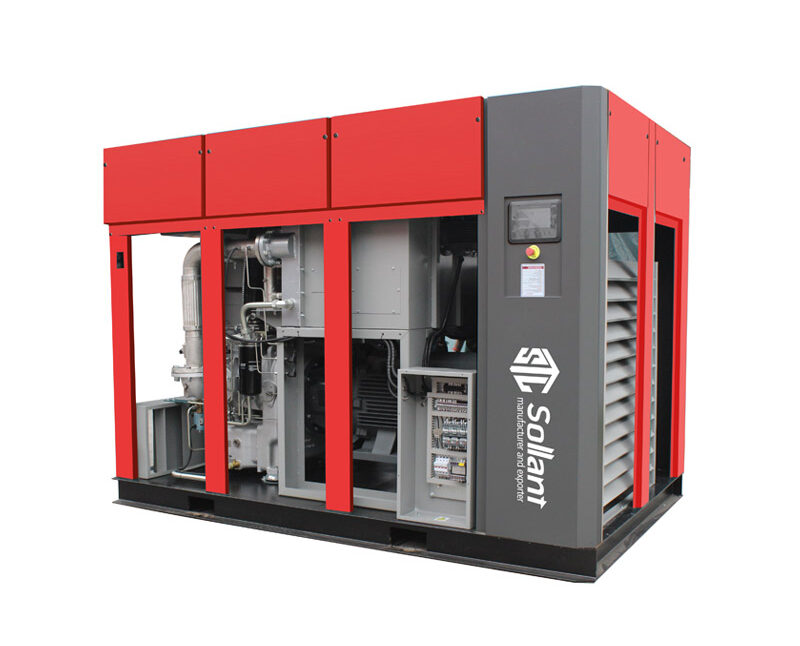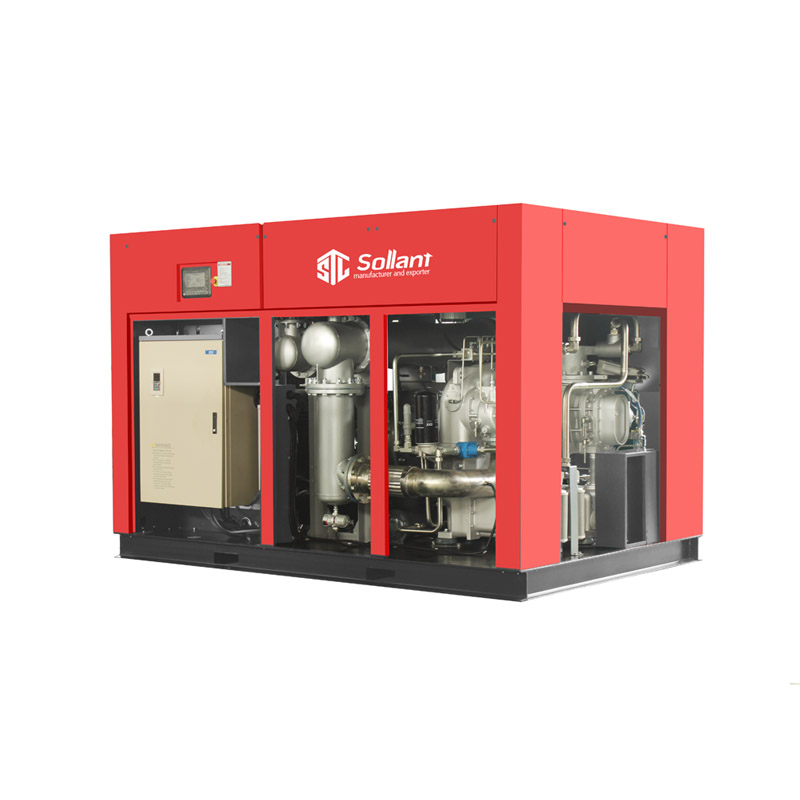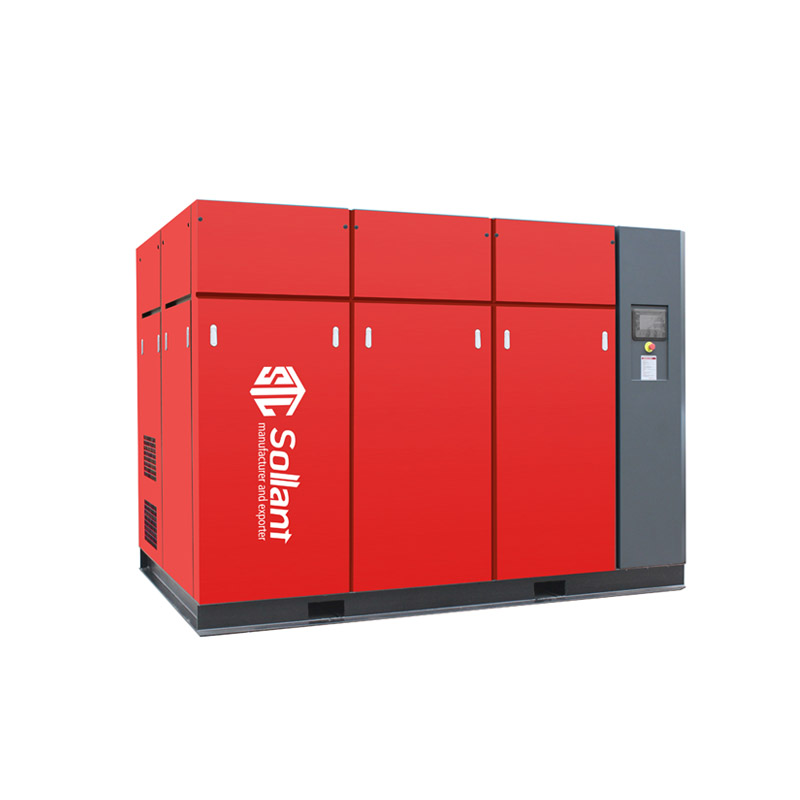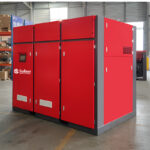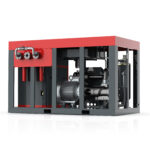Proper maintenance is crucial for the longevity and efficiency of air compressors, particularly in industries where consistent performance is key. Whether you’re using a piston or screw air compressor, regular upkeep helps reduce downtime, avoid costly repairs, and ensure optimal operation. Below are some essential tips for maintaining an air compressor, focused on improving efficiency and extending the machine’s life.
1. Regularly Check and Change Air Filters
Air filters are the first line of defense against dirt and debris entering the compressor. Over time, these filters can clog, reducing airflow and causing the compressor to work harder than necessary. Replace or clean filters as per the manufacturer’s recommendations, typically every 2,000 hours, to maintain efficiency and prevent overheating.
2. Monitor Oil Levels and Quality
Oil-lubricated compressors require consistent oil checks to ensure smooth operation and prevent component wear. Use high-quality compressor oil, as it provides better lubrication and reduces residue buildup. Change the oil every 1,000–2,000 hours of operation to avoid contamination and keep internal parts lubricated, reducing friction and wear.
3. Inspect and Tighten Connections
With the constant vibration of an air compressor, nuts and bolts can loosen over time, leading to leaks or inefficient operation. Regularly inspect connections, including hoses, fittings, and bolts, tightening them as needed to prevent air leaks that can lead to energy waste and reduced performance.
4. Drain the Moisture from the Tank
Most air compressors come with a moisture drain valve to remove accumulated condensation. Leaving water in the tank can cause corrosion, damaging the compressor from the inside. Make it a habit to drain the moisture daily or after each use to keep the tank in good condition.
5. Examine and Replace Belts
In belt-driven compressors, belts wear down over time and may start slipping, impacting the compressor’s performance. Inspect belts for any signs of wear, cracking, or stretching, and replace them as necessary to ensure consistent power transfer and efficient operation.
6. Clean and Replace Intake Valves
The intake valve allows air to flow into the compressor; if it becomes clogged, it restricts airflow and decreases efficiency. Check the intake valve periodically, cleaning off any dust or debris buildup, and replace it if it shows signs of excessive wear or damage.
7. Keep the Compressor Cool
Excessive heat is one of the main factors contributing to reduced compressor efficiency and lifespan. Position the compressor in a well-ventilated area, away from direct sunlight, and keep any ventilation filters clear. For industrial compressors, consider using cooling systems to help maintain a stable operating temperature.
8. Monitor System Pressure
Overpressurizing can cause strain on the compressor, leading to potential breakdowns and energy waste. Check the pressure gauge to ensure it operates within the recommended range, typically around 90–110 PSI for most industrial applications. Adjust the settings if necessary to optimize energy use and prolong the life of the machine.
9. Check Electrical Components and Connections
Regularly inspect the compressor’s electrical components, such as wiring, switches, and fuses, to ensure they’re intact and functioning correctly. Any faulty or damaged electrical connections can lead to operational issues or even pose safety hazards, so timely inspection is essential.
10. Schedule Professional Maintenance
For complex components like the motor, it’s beneficial to schedule professional inspections annually. Technicians can identify any internal issues that may not be visible, ensuring that your compressor remains in top condition.
Conclusion: Prioritize Consistent Maintenance for Long-Term Efficiency
Keeping up with these maintenance tips will ensure that your air compressor operates at peak efficiency, reducing repair costs and downtime. Following a regular maintenance schedule will also improve safety, prevent unexpected failures, and contribute to a longer machine lifespan. Consistent care not only maximizes performance but also helps your business run more efficiently, making air compressor maintenance a crucial part of your operations.

